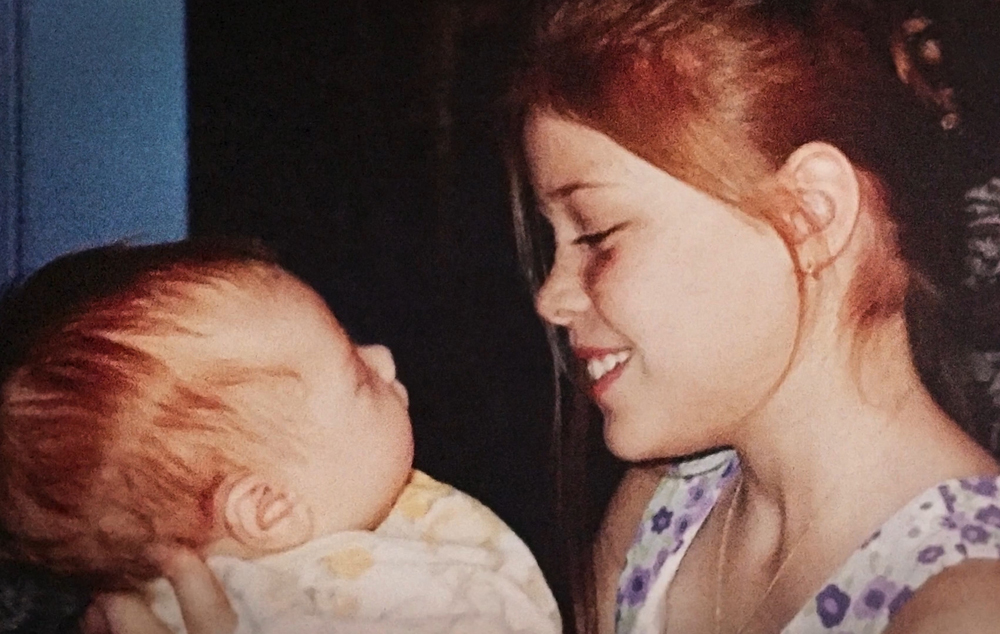Alan Hicks was wrapping up production on “Quincy,” his exhaustive profile of Quincy Jones spanning seven decades in the music business, when his longtime producer Paula DuPre Pesman, asked if he could take a look at something. The two primarily collaborated on music-related documentaries, but becoming friends as much as filmmaking partners, DuPre could trust Hicks with something sensitive and a little off the beaten path when she passed along a request from Honey Beuf, a dear friend of hers, who was interested in preserving the memory of her late daughter Olivia. There was plenty of material for Hicks to sort through when Olivia had grown up in the age of YouTube, posting videos of herself singing covers of Adele and Iggy Azalea, but with fluctuations in her weight and nods to depression, it was going to be an emotionally wrenching experience when the footage came with the knowledge that Olivia ultimately took her own life at the age of 19.
“Initially, I was slightly concerned about being exposed to material about suicide,” said Hicks. “But it took me about three or four days to realize, ‘Oh, this is the stigma that is attached to this, that is the problem. People don’t want to talk about this and are scared to talk about it, and that’s just inbuilt in us for no good reason. So after a few days, I started to understand immediately, we need to talk about mental health and and that’s a way to help protect the kids and your family members, by being open.”
Working with Olivia’s family, Hicks takes a novel approach to start just such a conversation in “My Sister Liv,” which has her older sibling Tess giving voice to how much love there was for Olivia, though it could be hard for her to see as she grew up with a mild anxiety disorder and could be mocked at school for her chattiness. While the film subtly charts how such belittling incidents gradually piled up to loom large in Olivia’s mind and what those who loved her could never know when she kept things to herself, it creates a warm exchange between the images Olivia made and Tess’ words where the sisters can confide in one another once more and have the kind of frank dialogue that one suspects so many other families fear ever having. It would be enough if this were all that “My Sister Liv” accomplished, but Olivia’s life would be well worth making a film about apart from how it ended, following the young woman as music developed from a coping mechanism for her anxiety into a real passion and she showed so much love to others, working with young kids after she left for college.
With the film’s North American premiere this week at DOC NYC, Hicks spoke about honoring a person he never got to meet and how he stepped out of his own comfort zone as a filmmaker formally to make something so sensitive to the subject at hand.
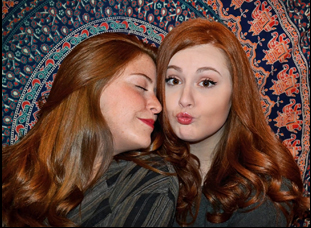
This whole family was really close to her — they’ve known each other for 20 years — and Paula, being the producer I’ve worked with my whole career in film, said to the family, “If you ever want to do anything in the future, just let me know. We’re here for you.” And they said, “We want to make a documentary and we want to make it now because we don’t want other families to go through this same trauma and grief from losing a loved one to suicide.” So Paula called me and introduced me to the family, who shared some footage of Liv, and asked if I would want to come on and direct the film. You couldn’t say no. They had sent over the hard drives and computer and phone from there, and the family was so beautiful and open and caring, and wanted to share this story for all of the right reasons, so that’s how I came onboard.
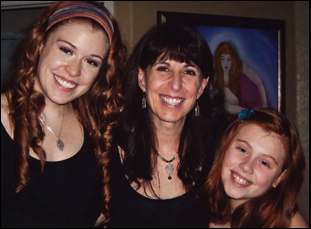
That was quite early on. After starting to review the footage, Tess had talked to Paula and said, “All of my friends and family say that they’re talking to Liv and they can feel her presence.” But Tess was saying she was feeling completely distant, justifiably. And Paula had said, “Why don’t you try writing her a letter?” That’s what Tess did, and then one day she emailed me and said, “Hey, by the way, Al, I wrote a letter to Liv and I recorded it. So here’s the recording.” That ended up being the backbone of the film. I think I had a bit of a rough cut together at that point, but that was definitely the missing link [where] it was already a personal story, but all of a sudden it became a super, personal story straight from the sister’s perspective and the film is essentially this love letter from an older sister to her younger sister talking through her life and then what the family did after she passed away.
Formally, it’s quite different than anything you’ve done before. Was telling a story largely through archival material like this different for you?
Yeah, it is different, but I didn’t mind that. It’s just my background being “music docs,” but one of my major goals with the music documentaries is to almost trick people [where it’s] having the music be a bit of a vessel for the story and the way I like to work is that the story comes first, so this was definitely a different approach because it is a hundred percent filmed by Liv and her sister Tess. But I dig it, the idea of being challenged to make a film in a totally different way than what I’m used to.
It struck me that, given how important music was to Liv, you must’ve been able to see the power of it in a way you might not have before. Absolutely, I’m first and foremost a musician, so I’ve gone through the finding your people in school, and finding the artists that you feel in common with. That’s the thing that I really love in filmmaking is its parallels with music, and having Liv and Tess be so musical in this, and so talented, that just adds another element to their characters, and something I really enjoyed being a part of.
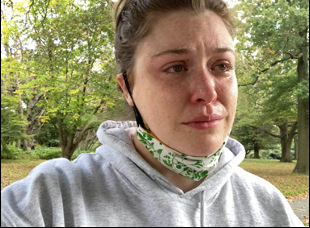
That’s very much one of those things where we’ve made a movie and then the story was so compelling that I just decided to keep going. There’s not too often that you’ll finish a movie and then be like, “Actually, let’s keep going here and release it as a bigger thing, but the family ended up doing so many amazing things and I just kept hearing about it. And they’re documenters themselves. They are constantly filming, so that made it possible to be able to continue the film.
You start to involve various therapists and experts in the field in this. How did that shape your approach to this?
One of the first conversations [we had], before we started anything, is that we wanted to have this vetted by multiple health professionals every step of the way. I would even go to the point of vetting single scenes, and every move that we made in this edit was under the guide of health professionals because the last thing that the whole team and I would is cause harm. That was great because it actually creates a guideline to work within, and like music, sometimes you need some shape and some form so that you can improvise within it. Having the health professionals give us the guidelines of how to safely tell a story about teen mental health was fantastic.
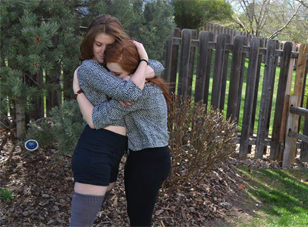
It’s a very emotionally charged project, but we didn’t just hold off and show them right at the end on this one. We kept them involved in the process so that they had a chance to watch this lots and lots of times and being so close to them personally, [the first screening] was definitely an emotional thing. They’ve gone on to start a nonprofit called The Liv Project, and they’ve committed their whole lives to creating awareness around teen mental health, so they’ve embraced the film from the get-go and they’re trying their best to keep helping other people be able to open up and be able to use the film as a tool to be able to talk more openly about mental health. They’re fantastic people that I’m happy to be able to call friends.
“My Sister Liv” will screen at DOC NYC on November 10th at 7 pm at the Cinepolis Chelsea and stream online via the DOC NYC platform from November 11th through 27th.




